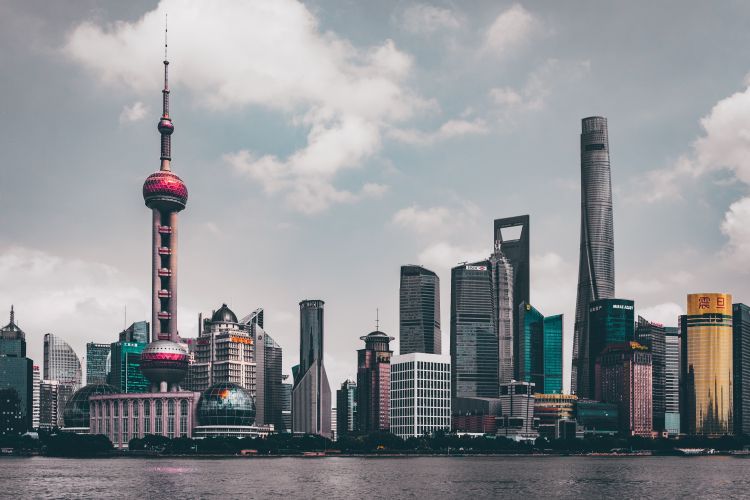
In a significant shock not only to the Chinese economy but also to the global economy, China’s massive real estate entity, Evergrande, lost $2.2 billion, representing a 79% decline in its market value, on Monday. The company resumed trading shares, marking a crucial step for the world’s most indebted property firm in restructuring its offshore debt. However, the extent of the impact this move will have on reversing the company’s misfortunes remains uncertain. With an astonishing $300 billion in liabilities and failed US dollar bond payments, this Chinese real estate giant’s potential collapse could reverberate beyond China, potentially sending shockwaves throughout the world economy, particularly in the US.
Once a company that facilitated affordable housing for working families in China, Evergrande has now become synonymous with an impending global financial crisis. As China’s second-largest property developer, it thrived during China’s property boom. However, as property sales declined, the company’s troubles emerged. Over time, Evergrande came to be referred to as China’s ‘Lehman moment.’
READ | Rice export ban: India seeks to balance global market dynamics
The potential collapse of China’s second-largest real estate firm would not only impact Beijing’s economy but also the global economy. Evergrande is a significant employer and contributor to the housing market, and its downfall could have worldwide repercussions. The cascading effects might entail job losses, housing market downturns, and an economic slowdown in China, which would inevitably affect global economies. Investment strategists suggest that losses stemming from Evergrande’s fall could compel bondholders to divest other investments or shed riskier assets to raise funds, thereby affecting seemingly unrelated markets.
Such a scenario could trigger contagion in tightly interconnected global markets. Additionally, a weakened Chinese economy might diminish interest in US assets, such as Treasury bonds, potentially leading to higher interest rates in the United States.
Differing Views and Current Situation
However, certain economists differ in their assessment, stating that Evergrande’s collapse should not be equated with the Lehman Brothers’ crisis. They argue that China’s situation is distinct, with the property sector’s ties to the financial system differing in scale. They also highlight that capital markets are not the primary funding source. Nonetheless, it is evident that any financial turmoil in the Chinese economy would impact global economic growth prospects.
Currently, the Group’s shares have plummeted by as much as 87% in Hong Kong trading following a 17-month suspension. The company, now labelled a penny stock, has seen its market value dwindle from over $50 billion in 2017 to a mere $586 million. Evergrande is now undergoing an extensive debt restructuring process. However, the developer, facing defaults, has postponed creditor meetings that were initially scheduled for Monday, adding to the uncertainty surrounding one of China’s largest restructurings.
Evergrande has deferred its plans to late September, hoping creditors will carefully consider and assess the terms of proposed schemes, allowing for more time to evaluate recent developments, including the resumption of share trading. The stock’s last trade occurred on March 18, 2022, and since its peak, the company’s market capitalisation has dwindled by 99%.
China’s Housing Crisis
China’s efforts to mitigate risk and make homes more affordable led to a crackdown on the booming real estate industry, impacting many developers. Evergrande’s struggles are also rooted in this crackdown, illustrating the housing crisis that has gripped the world’s second-largest economy over the past couple of years. China’s largest real estate firm, Country Garden Holdings Co., is also on the brink of default and is expected to report losses for the first half of the year.
Broader Issues and Conclusion
Evergrande’s cash shortage is unlikely to be alleviated by the resumption of trading and creditor voting. This shortfall poses a threat to the completion of its housing projects, thereby endangering China’s broader housing recovery.
The problem with the Chinese economy goes beyond Evergrande’s present predicament. In fact, Evergrande fiasco is symptomatic of larger issues within Beijing’s financial turmoil ranging from slackening demand, towering debt, and an aging population. China is already seeing deflation at a time when major economies around the globe are reporting inflation. These hurdles are poised to linger and will continue to pressurise China’s economy, indirectly affecting global financial health as well.
Anil Nair is Founder and Editor, Policy Circle.

